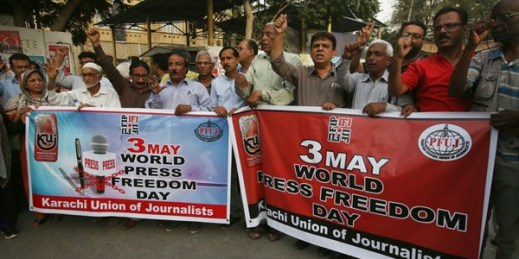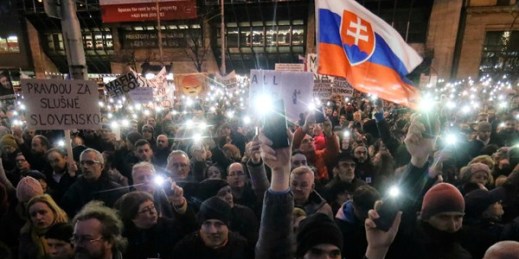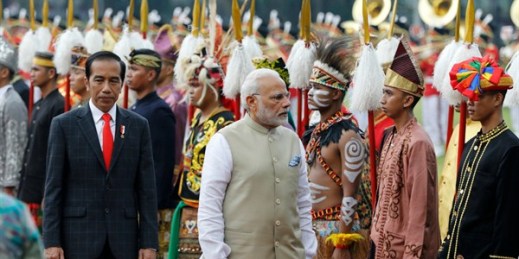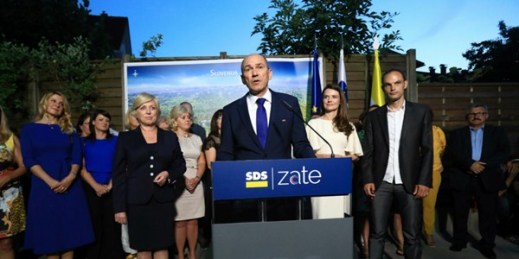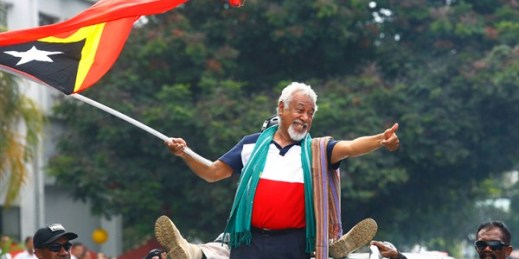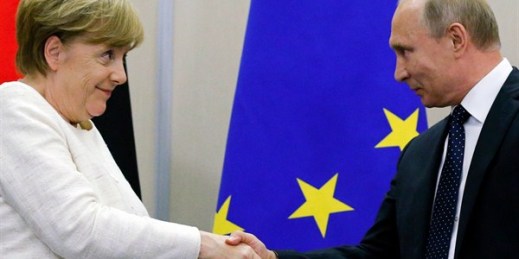
European leaders are widely expected to maintain Ukraine-related sanctions against Russia at this week’s European Council summit in Brussels, despite disagreement among some member states. With Italy’s newly formed populist government looking at improving ties with Russia and U.S. President Donald Trump reportedly preparing to meet with Russian President Vladimir Putin next month, the key player holding together an EU-wide consensus on sanctions policy is Germany. In an email interview, Susan Stewart, a senior associate at the German Institute for International and Security Affairs, or SWP, in Berlin, discusses the impact of sanctions on German-Russian relations and how they are […]

